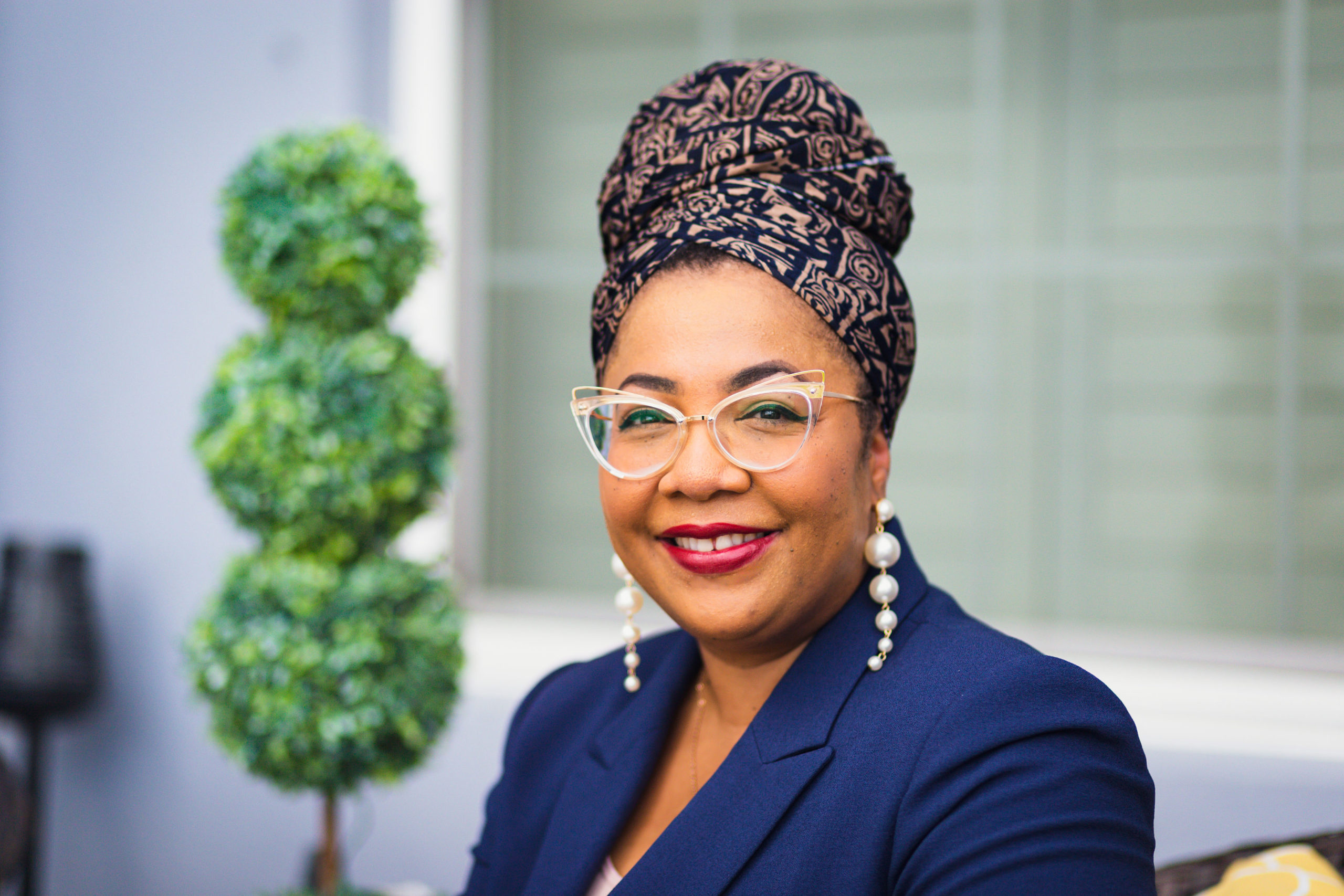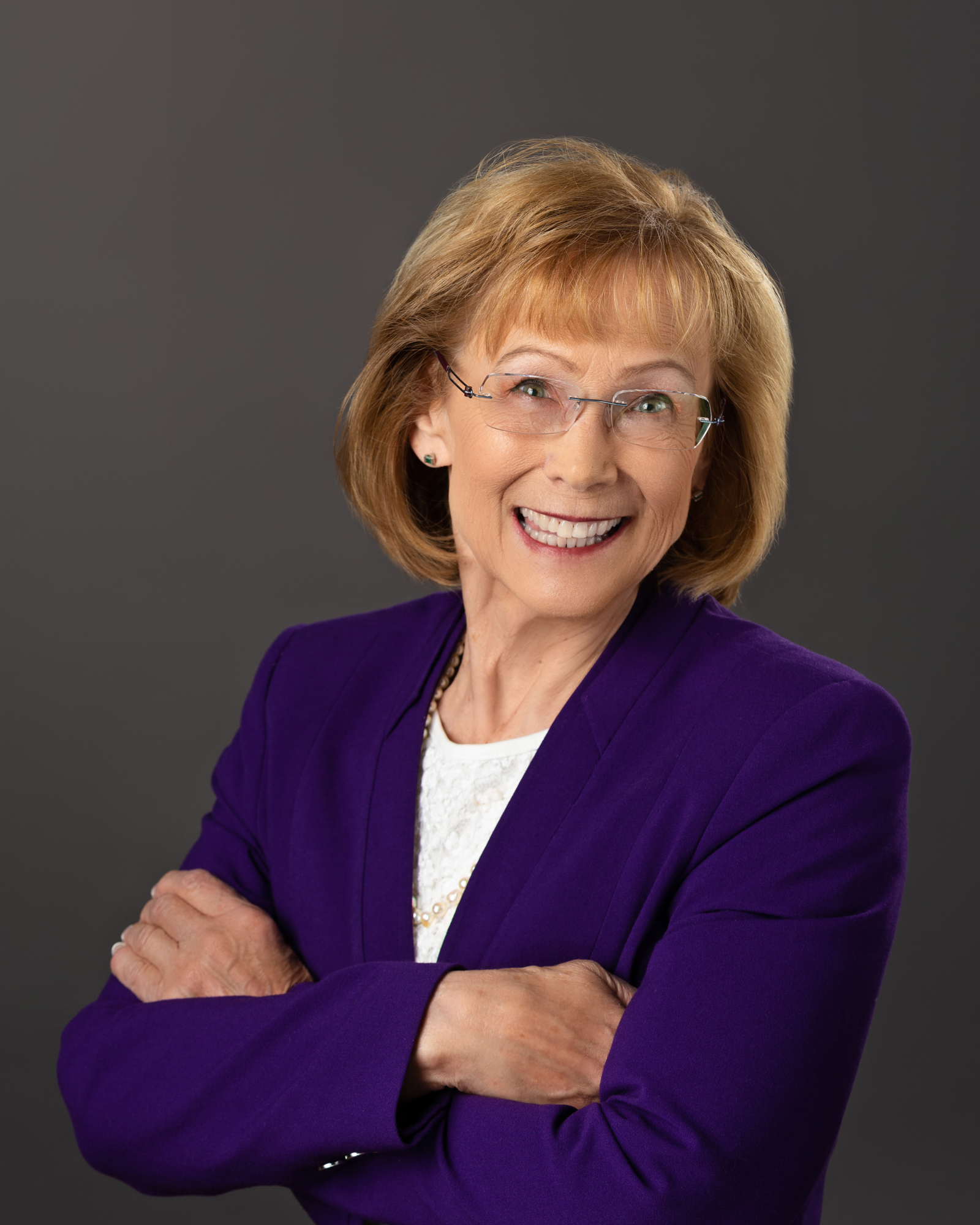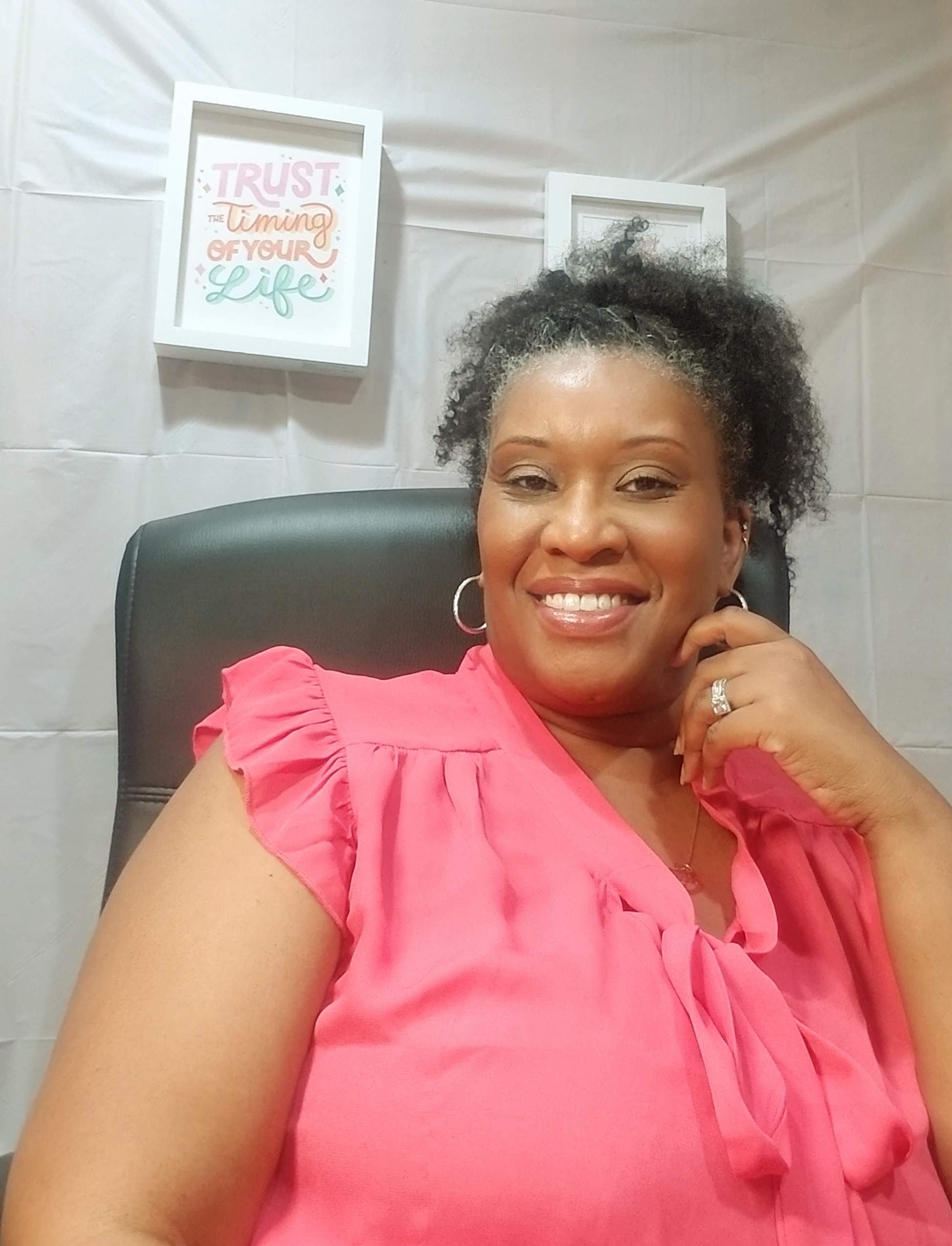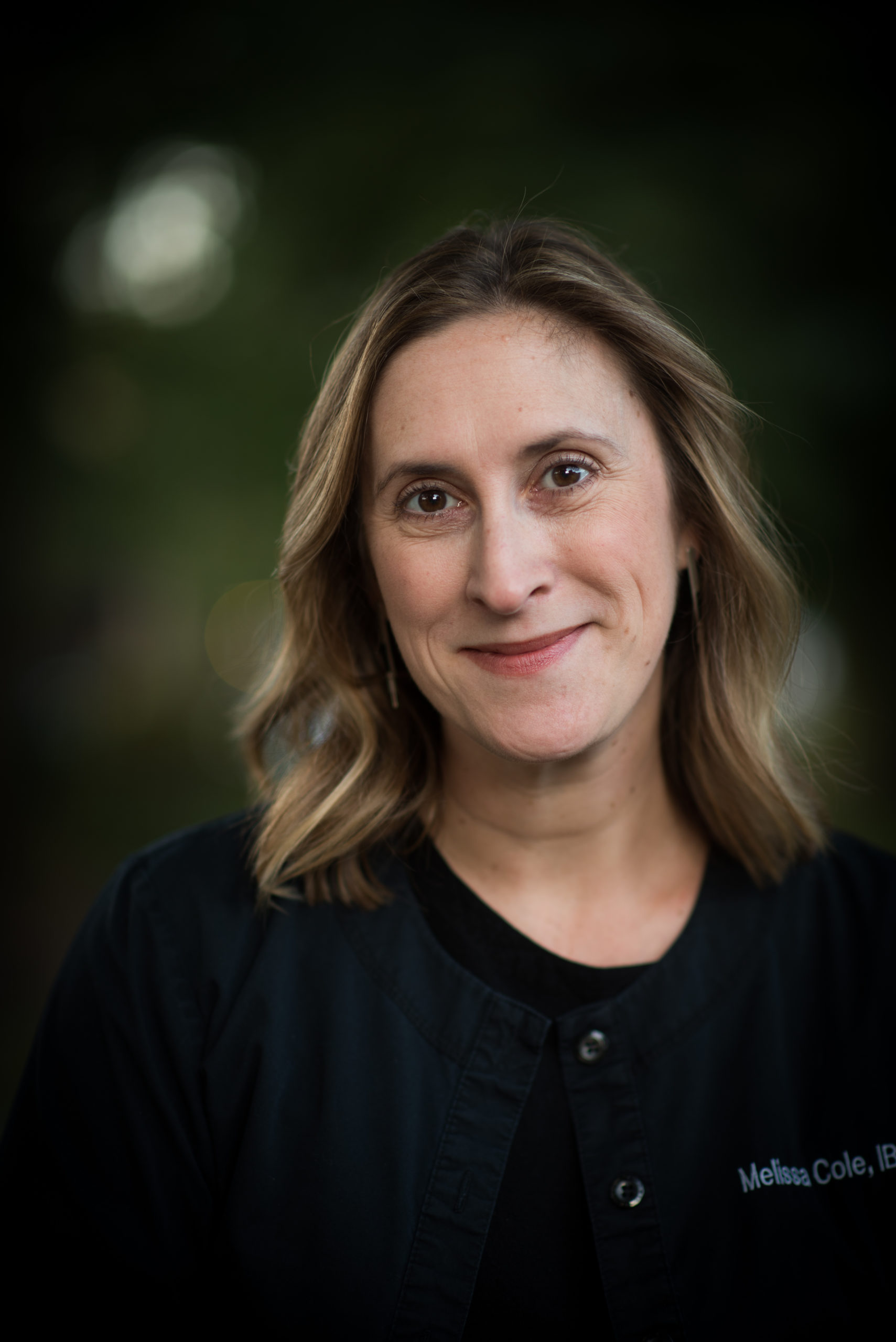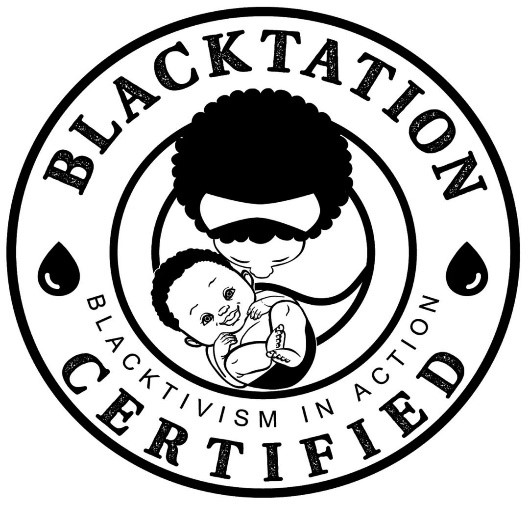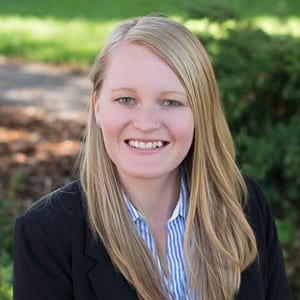Download the 2022 Colorado Lactation Conference Flier & Program!
Download the 2022 Conference Flier
Download the 2022 Colorado Lactation Conference Program
Agenda:
Tuesday, September 20, 2022
*** All sessions will be recorded – recordings will be available through October 20, 2022 ***
| TIME | SESSIONS | |
| 8:30 – 9:00 | Morning Coffee – (optional) Virtual Networking Session Interested in sponsoring this event? Email us – info@cobfc.org. | |
| 9:00 – 9:10 am | Welcome! Colorado Breastfeeding Coalition and La Leche League of Mountains Plains opening remarks, logistics of the day | |
| 9:10 – 10:10 | General Session: Nekisha Killings, MPH, IBCLC Normalize Brown Breasts®: A Primer for Breast Assessment in Non-White Skin Tones | |
| 10:10 – 10:20 | Break | |
| 10:20 – 11:20 | General Session: Liz Brooks, JD, IBCLC, FILCA The International WHO Code in Every Day Practice: Real Life Scenarios | |
| 11:20 – 11:30 | Break | |
| 11:30 – 12:30 | General Session: Hilary Jacobson Galactagogues: Mysteries of Inflammation and Prolactin | |
| 12:30 – 12:50 | Lunch Break | |
| 12:50 – 1:50 | Breakouts #1 1 A: Critical Early Lactation Challenges: Busting Myths, Recognizing Risks, Maximizing Milk — Marianne Neifert, MD, MTS, FAAP 1 B: It’s Not What it Looks Like: How systemic racism and implicit bias affects Black breastfeeding rates — Tameka Jackson-Dyer, BASc, IBCLC, CHW 1 C: Connection and Care: Virtual Support for Tongue-Tied Infants — Melissa Cole, MS, IBCLC, RLC | |
| 1:50 – 2:00 | Break | |
| 2:00 – 3:00 | Breakouts #2 2 A: The Doctor’s Medical Bag: Addressing Maternal Mortality through Medical Home Visits — Sonal Patel, MD, CLE 2 B: We know the problem. What’s the solution? – The Milk That Built America — Whitney Dunlap, IBCLC and Vita Malama, MA 2 C: Colorado’s Breastfeeding Friendly Child Care Recognition — Taran Schneider, MA and Jason Gold | |
—
COBFC Networking Hour – 3:00-4:00
Please plan to join us for fun, networking and to participate in the Colorado Breastfeeding Coalition’s annual meeting.
We will meet virtually – Zoom (will be included on your emailed agenda)
—
Session Details:
9:10-10:10 a.m.
Keynote – General Session – Normalize Brown Breasts®: A Primer for Breast Assessment in Non-White Skin Tone — Nekisha Killings, MPH, IBCLC
Is a red spot always a key indicator of mastitis? What about the deep purple trademark of vasospasm? How does eczema present on non-white skin? Performing a standard breast assessment may cause clinicians to overlook or misidentify key indicators of maladies in patients that are not fair-skinned. Learn how you can improve your assessments and familiarize yourself with other ways to identify common conditions in patient populations that were not featured in your textbooks. This talk is based on Nekisha’s landmark new resource tool – The Melanated Mammary Atlas®
—
10:20-11:20 a.m.
Keynote – General Session – The International WHO Code in Every Day Practice: Real Life Scenarios – Liz Brooks, JD, IBCLC, FILCA
There is a lot of confusion about what the International Code of Marketing of Breast-milk Substitutes (International Code, a.k.a. WHO Code) means, and how to support it, in a world full of marketing. Do you violate the International Code if you work for a hospital that uses formula for its patient babies? Can you teach how to use a bottle-and-teat to breastfeeding parents? Can you share glossy handouts from pump or bottle manufacturers? Does it matter if your facility is seeking Baby-Friendly status? The IBLCE Code of Professional Conduct encourages IBCLCs to adhere to the International Code as do nearly all the lactation support providers organizations and groups. This session will use real-life examples to discuss challenges faced by healthcare providers and lactation support counselors, asking: a) does the International Code apply; (b) are other options available to curtail marketing influences in the healthcare workplace; and (c) what are the consequences when there is a violation of the International Code? This session is potentially eligible for an ethics continuing education credit (e-CERP).
11:30 a.m-12:30 p.m.
Keynote – General Session – Galactagogues: Mysteries of Inflammation and Prolactin – Hilary Jacobson
What do traditional postpartum foods have in common? They reduce inflammation, support the hormonal balance of lactation, support the liver, kidney, and pancreas, improve gut health, train the immune system’s innate immune responses and facilitate optimal development of the mammary glands. In this session, we will discuss a selection of useful traditional galactagogues for use before and after childbirth; learn how long-chain polysaccharides contribute to the multi-system effects of many galactagogues; understand how high-caloric beverages and snacks, in the presence of insulin resistance, are effective for temporary increases in milk production (although not the healthiest choice); and discuss the basics of the Lactogenic Diet for effective use in the face of low milk supply that is not responding to interventions.
—
12:50-1:50 p.m. – Breakout #1
1 A. Breakout Session – Critical Early Lactation Challenges: Busting Myths, Recognizing Risks, Maximizing Milk – Marianne Neifert, MD, MTS, FAAP
Those who work in the health professions are familiar with the distressing assertion: “Half of what we taught you was wrong. Worse yet, we don’t know which half!” The ability to rethink and relearn is vital among those who aspire to be lifelong learners. In this presentation on the critical first weeks of breastfeeding, Dr. Neifert will share new research to refute several commonly embraced breastfeeding assumptions. She will address early breastfeeding challenges during the critical coming-to-volume stage of lactation, including recognizing the large subset of newborns at-risk for ineffective breastfeeding, and preventing infant breastfeeding morbidities. Dr. Neifert also will review the use of “lactation technologies” among vulnerable newborns to ensure infant well-being, a plentiful milk supply, and the successful transition to exclusive at-breast feeding. Other timely topics will include antenatal expression of colostrum, breastfeeding guilt, and essential support.
1 B. Breakout Session – It’s Not What it Looks Like: How systemic racism and implicit bias affects Black breastfeeding rates – Tameka Jackson-Dyer, BASc, IBCLC, CHW
Most healthcare providers and lactation professionals are familiar with the statistics regarding Black breastfeeding rates, but few know the reasons behind the numbers. This presentation will explore the history of Black breastfeeding in the U.S. and how that – coupled with medical racism and the implicit bias in our healthcare system – has a profound effect on Black breastfeeding rates.
1 C. Breakout Session – Connection and Care: Virtual Support for Tongue-Tied Infants – Melissa Cole, MS, IBCLC, RLC
Providing virtual care has become a reality for many lactation professionals. How can we best consult families of tongue-tied babies virtually? How do we get the visual and functional information we need to guide our care when we are ‘hands-off’? This session will discuss strategies for health professional working remotely including assessment, documentation, care plan formation, teamwork, and the referral process. While different than in-person consultations, virtual connection and excellent care for tongue-tied babies and their families is possible! Learning to adapt our practice style, gather information digitally, and pivot with the times is vital for our role in providing comprehensive lactation support virtually.
—
2:00-3:00 p.m. – Breakout #2
2 A. Breakout Session – The Doctor’s Medical Bag: Addressing Maternal Mortality through Medical Home Visits – Sonal Patel, MD, CLE
Postpartum care is an aspect of medical care that is overlooked. Neglecting this critical period is directly fueling the increase of America’s maternal mortality. These maternal deaths have known negative economical ramifications affecting individual families, communities, and a country’s GDP. Reducing maternal mortality can be achieved by cost-effective medical home visits. By the end of this session, participants will understand: 1) Postpartum care is an aspect of medical care that is overlooked; 2) Neglecting this critical period is directly fueling the increase of America’s maternal mortality; 3) These maternal deaths have known negative economical ramifications affecting individual families, communities, and a country’s GDP; and 4) Reducing maternal mortality can be achieved by cost-effective medical home visits.
2 B. Breakout Session – We know the problem. What’s the solution? – The Milk That Built America – Whitney Dunlap, IBCLC and Vita Malama, MA
The goal of this session is to explain the underlying problems that hinder and plague African-diasporic backgrounds – Correcting the wrong that has plagued the black community and individuals of low socioeconomic backgrounds. Affordable and accessible breastfeeding support is vital to our breastfeeding families. and increasing breastfeeding support at the community level to make it more accessible.
2 C. Breakout Session – Colorado’s Breastfeeding Friendly Child Care Recognition – Taran Schneider, MA and Jason Gold
Learn about Colorado’s Breastfeeding Friendly Child Care Recognition program, which is focused on ensuring quality practices and policies are in place to support children, families, and staff. The BFCC Recognition builds local capacity and expertise while creating an important connection between early learning and health. Learn how you can help ensure infants and toddlers are valued, healthy, and thriving. Healthy Child Care Colorado and the Colorado Department of Public Health and Environment established a public-private partnership to meet a growing need to define and support breastfeeding friendly practices and policies within child care settings. Together, we gathered information from national, state, and local public health and early childhood sectors to inform what needed to be built in Colorado. We built upon strong local efforts emerging in a few Colorado counties, examined national models, and identified opportunities to enhance breastfeeding friendly child care in our state.
Thank you to all our amazing speakers!
All presentations will be recorded and will be available through October 20, 2022.
Recordings, slides and handouts will be emailed after the conference.
Download the 2022 Colorado Lactation Conference Program
2022 Keynote Speakers
Nekisha Killings, MPH, IBCLC
Keynote – General Session: 9:10-10:10 a.m.
Normalize Brown Breasts®: A Primer for Breast Assessment in Non-White Skin Tone
Is a red spot always a key indicator of mastitis? What about the deep purple trademark of vasospasm? How does eczema present on non-white skin? Performing a standard breast assessment may cause clinicians to overlook or misidentify key indicators of maladies in patients that are not fair-skinned. Learn how you can improve your assessments and familiarize yourself with other ways to identify common conditions in patient populations that were not featured in your textbooks. This talk is based on Nekisha’s landmark new resource tool – The Melanated Mammary Atlas®
*Nekisha Killings has disclosed a conflict of interest via a competing interest during her presentation, as she owns the The Melanated Mammary Atlas.
BIO:
Nekisha Killings, MPH, IBCLC is an equity strategist and maternal and child health advocate who speaks, teaches, and facilitates on topics related to equity and dismantling bias across various sectors. She acts as a Director of Equity, Inclusion, and Belonging and consults organizations on creating and implementing strategies to better support marginalized communities. Nekisha penned the chapter titled Cultural Humility in the latest Core Curriculum for Interdisciplinary Lactation Care. Coined the Aha! Moment Maven, Nekisha works to wow audiences with new realizations that will impact their approach to business and life positively. Nekisha is on a mission to normalize brown breasts in health provider education, thereby better-equipping providers to accurately diagnose and treat people of color. Accordingly, she founded The Melanated Mammary Atlas® in 2021. Nekisha‘s work is rooted in compassion and candor that could only have been cultivated in years of supporting new parents through their first days of parenthood. To eager audiences, she extends her own brand of wisdom, wit, and eureka moments to shift the way they approach life and work.
—
Liz Brooks, JD, IBCLC, FILCA
Keynote – General Session: 10:20-11:30 a.m.
The International WHO Code in Every Day Practice: Real Life Scenarios
There is a lot of confusion about what the International Code of Marketing of Breast-milk Substitutes (International Code, a.k.a. WHO Code) means, and how to support it, in a world full of marketing. Do you violate the International Code if you work for a hospital that uses formula for its patient babies? Can you teach how to use a bottle-and-teat to breastfeeding parents? Can you share glossy handouts from pump or bottle manufacturers? Does it matter if your facility is seeking Baby-Friendly status? The IBLCE Code of Professional Conduct encourages IBCLCs to adhere to the International Code as do nearly all the lactation support providers organizations and groups. This session will use real-life examples to discuss challenges faced by healthcare providers and lactation support counselors, asking: a) does the International Code apply; (b) are other options available to curtail marketing influences in the healthcare workplace; and (c) what are the consequences when there is a violation of the International Code? This session is potentially eligible for an ethics continuing education credit (e-CERP).
*Liz Brooks has disclosed a conflict of interest via a competing interest during her presentation, as she has authored books shared during the presentation.
BIO:
Liz Brooks, JD, IBCLC, FILCA, is a lactation consultant in private practice (since 1999) and a lawyer (since 1983). Before opening her private practice as an IBCLC lactation consultant, Liz worked as a criminal prosecutor, child advocate, Congressional lobbyist, and federal litigator. Her legal expertise is in ethics, lobbying, administrative, criminal, and lactation-related law. Today, Liz offers private practice and hospital-based IBCLC care, teaches/lectures around the world, and has been used as a lactation expert witness in court cases. She knows the challenges faced each day by lactation consultants and healthcare providers!
She served on the Board of Directors of the International Lactation Consultant Association (ILCA: President July 2012-14; Secretary July 2005-11), United States Breastfeeding Committee (USBC)(Secretary 2014-16), and Human Milk Banking Association of North America (HMBANA)(2015-19). She remained in leadership at USBC through 2021 (CRASH Committee, working for systemic organizational inclusion and equity, and Nominations Committee). Liz earlier worked as an Adjunct Professor in Drexel University’s IBLCE-Pathway-2 and LEAARC-approved Human Lactation Consultation Program, teaching “Public Policy of Breastfeeding.” She remains active in her Pennsylvania-based professional association, and breastfeeding coalition. Liz was designated Fellow of the International Lactation Consultant Association (FILCA) in 2008, the inaugural year for the program.
Liz authored Legal and Ethical Issues for the IBCLC, published 2013 by Jones & Bartlett, and wrote or co-authored an ethics/legal chapter in each of four other lactation-related texts (Core Curriculum for Interdisciplinary Lactation Care, Breastfeeding and Human Lactation, 6th ed., Breastfeeding, Social Justice, and Equity and The Lactation Consultant in Private Practice). She has presented in local, national, and international venues to universal acclaim, and regularly contributes articles, posts, and blogs about matters within her sphere.
—
Hilary Jacobson
Keynote – General Session: 11:30 a.m.-12:30 p.m.
Galactagogues: Mysteries of Inflammation and Prolactin
What do traditional postpartum foods have in common? They reduce inflammation, support the hormonal balance of lactation, support the liver, kidney, and pancreas, improve gut health, train the immune system’s innate immune responses and facilitate optimal development of the mammary glands. In this session, we will discuss a selection of useful traditional galactagogues for use before and after childbirth; learn how long-chain polysaccharides contribute to the multi-system effects of many galactagogues; understand how high-caloric beverages and snacks, in the presence of insulin resistance, are effective for temporary increases in milk production (although not the healthiest choice); and discuss the basics of the Lactogenic Diet for effective use in the face of low milk supply that is not responding to interventions.
BIO:
Born in California, Hilary Jacobson went to Switzerland to study music in 1976. When she started a family with her Swiss husband, she found that she could not build a milk supply for her four children. Living in Switzerland, she gradually learned some of the herbal traditions of Europe. Her ability, with the use of herbs and foods, to build and sustain a full supply inspired her to learn more about lactation and about world traditions in galactagogues. In the year 2000, she co-founded and moderated the first online support group for mothers with low milk supply, called MOBI MOTHERHOOD. That same year, she certified as a holistic lactation consultant. Her book Mother Food was published in 2007 by Rosalind Press.
In 2013, Hilary Jacobson became a certified hypnotherapist and she began working with mothers who were suffering from breastfeeding grief. Her book Healing Breastfeeding Grief: how mothers feel and heal when breastfeeding does not go as hoped was published in 2016.
She has spoken on podcasts, summits, in-house trainings and conferences. Each year, she offers new classes on supporting ourselves and our mothers through breastfeeding grief, and on the use of lactogenic foods and herbs.
In 2021, she published a book on growing galactagogues—A Mother’s Garden of Galactagogues—and in 2022, she published a book of stories, telling of the ways that women’s wisdom and medicine were suppressed in Western culture, from ancient times to today. This newest book is titled Red Madder Root, Tales of Initiations: a novel of fairy tale and forgotten histories.
Hilary Jacobson can be found online at hilaryjacobson.com. Sign up for the newsletter and receive updates, class info and more HERE.
Class schedule: motheringinnovations.com/autumn-classes-22/
—
Breakout Session Speakers
—
BREAKOUT #1
A. Critical Early Lactation Challenges: Busting Myths, Recognizing Risks, Maximizing Milk
SPEAKER: Marianne Neifert, MD, MTS, FAAP
Those who work in the health professions are familiar with the distressing assertion: “Half of what we taught you was wrong. Worse yet, we don’t know which half!” The ability to rethink and relearn is vital among those who aspire to be lifelong learners. In this presentation on the critical first weeks of breastfeeding, Dr. Neifert will share new research to refute several commonly embraced breastfeeding assumptions. She will address early breastfeeding challenges during the critical coming-to-volume stage of lactation, including recognizing the large subset of newborns at-risk for ineffective breastfeeding, and preventing infant breastfeeding morbidities. Dr. Neifert also will review the use of “lactation technologies” among vulnerable newborns to ensure infant well-being, a plentiful milk supply, and the successful transition to exclusive at-breast feeding. Other timely topics will include antenatal expression of colostrum, breastfeeding guilt, and essential support.
BIO: Marianne Neifert, MD, MTS, FAAP, is a well-known pediatrician, nationally recognized expert in lactation management, author of parenting and breastfeeding books, long-time magazine contributor, mother of five adult children born during her medical training, and grandmother of seven. She is the Managing Member of Dr. Mom Presentations LLC. A long-time leader in the field of breastfeeding medicine, Dr. Neifert co-founded in 1985 the first US model of comprehensive in-patient and out-patient breastfeeding services. She is a co-founder of the Denver Mothers’ Milk Bank, the Colorado Breastfeeding Coalition, and the Academy of Breastfeeding Medicine; founder and long-time moderator/facilitator of the decades-long Colorado Lactation Journal Club; and member of the Colorado Infant Safe Sleep Partnership. Dr. Neifert has addressed audiences in all 50 states and given hundreds of media interviews. Based on her cumulative professional contributions, she was selected as a 2020 Inductee into the Colorado Women’s Hall of Fame.
—
B. It’s Not What it Looks Like: How systemic racism and implicit bias affects Black breastfeeding rates
SPEAKER: Tameka Jackson-Dyer, BASc, IBCLC, CHW
Most healthcare providers and lactation professionals are familiar with the statistics regarding Black breastfeeding rates, but few know the reasons behind the numbers. This presentation will explore the history of Black breastfeeding in the U.S. and how that – coupled with medical racism and the implicit bias in our healthcare system – has a profound effect on Black breastfeeding rates.
BIO: Tameka Jackson-Dyer, BASc, IBCLC, CHW, CLE, CLS, CLC is an International Board-Certified Lactation Consultant and Community Health Worker whose passion is community outreach. She holds a Bachelor of Applied Science in Health Studies from Siena Heights University, multiple lactation certifications and has been honing her counseling and clinical skills in WIC agencies, OB/Gyn offices and BabyFriendly hospitals throughout the metro Detroit area for almost 20 years. Her work as Manager of Community Collaboration with Coffective and Breastfeeding Subject Matter Expert with the EMU Center for Health Disparities, Innovations & Studies allows her to provide a voice for the populations who are historically underrepresented in conversations about breastfeeding support. To ensure she reaches as many families in her community as she can, the wife and mother of three owns a private practice, Crazymilklady Lactation Support Services, LLC, serves as Chair of the Metro Detroit/ Wayne County Breastfeeding Coalition, is a co-founder of the Southeast Michigan IBCLC’s of Color (SEMI) and volunteers as a Sisterfriend mentor with the Detroit Birthing Project.
—
C. Connection and Care: Virtual Support for Tongue-Tied Infants
SPEAKER: Melissa Cole, MS, IBCLC, RLC
Providing virtual care has become a reality for many lactation professionals. How can we best consult families of tongue-tied babies virtually? How do we get the visual and functional information we need to guide our care when we are‘hands-off’? This session will discuss strategies for health professional working remotely including assessment, documentation, care plan formation, teamwork, and the referral process. While different than in-person consultations, virtual connection and excellent care for tongue-tied babies and their families is possible! Learning to adapt our practice style, gather information digitally, and pivot with the times is vital for our role in providing comprehensive lactation support virtually.
BIO: Melissa Cole, MS, IBCLC, RLC is a board certified lactation consultant, neonatal oral-motor assessment professional, and clinical herbalist in private practice. Melissa has been passionate about providing comprehensive, holistic lactation support and improving the level of clinical lactation skills for health professionals. She enjoys teaching, researching and writing about wellness and lactation-related topics. Melissa holds a bachelor of science degree in maternal child health and lactation consulting and her master’s work is in therapeutic, clinical herbalism. Melissa actively conducts research and collaborates with several lactation and health care professional associations. Before pursuing a path in lactation, Melissa lived and studied in Japan. She was also a language instructor for almost a decade. From this background in culture and education sprung a deep love of supporting and educating families. Melissa also has an extensive background in herbal studies and holistic health. When not helping parents and babies, Melissa can probably be found lecturing, researching, writing, or attending a conference; she is passionate about health and lactation, to say the least!
—
BREAKOUT #2
A. The Doctor’s Medical Bag: Addressing Maternal Mortality through Medical Home Visits
SPEAKER: Sonal Patel, MD, CLE
Postpartum care is an aspect of medical care that is overlooked. Neglecting this critical period is directly fueling the increase of America’s maternal mortality. These maternal deaths have known negative economical ramifications affecting individual families, communities, and a country’s GDP. Reducing maternal mortality can be achieved by cost-effective medical home visits. By the end of this session, participants will understand: 1) Postpartum care is an aspect of medical care that is overlooked; 2) Neglecting this critical period is directly fueling the increase of America’s maternal mortality; 3) These maternal deaths have known negative economical ramifications affecting individual families, communities, and a country’s GDP; and 4) Reducing maternal mortality can be achieved by cost-effective medical home visits.
BIO: Sonal Patel, MD, CLE is a pediatrician, neonatologist, & breastfeeding specialist who founded NayaCare in 2018. NayaCare is a home health clinic focused on improving postpartum care. She has written several articles on this subject published in Scary Mommy, Kevin MD, and Colorado Sun. She wrote her first book, The Doctor and Her Black Bag that examines maternal mortality in historical and personal context and solutions to reduce maternal mortality. She is also a co-founder and co-executive director of Center for 4th Trimester Care, a national physician-led non-profit with the mission of improving postpartum care. She has been a member of GBC since 2019 and lended her voice and advocacy in passing Paid Family Leave in Colorado.
—
B. We know the problem. What’s the solution? – The Milk That Built America

SPEAKERS: Whitney Dunlap, IBCLC and Vita Malama, MA
The goal of this session is to explain the underlying problems that hinder and plague African-diasporic backgrounds – Correcting the wrong that has plagued the black community and individuals of low socioeconomic backgrounds. Affordable and accessible breastfeeding support is vital to our breastfeeding families. and increasing breastfeeding support at the community level to make it more accessible.
BIOS: Whitney Dunlap, IBCLC is an International Board Certified Lactation Consultant. Her passion surfaced when she became a mother and knew she wanted to breastfeed not realizing that she had a few challenges to overcome. From there she has been a breastfeeding advocate for public health nutrition programs in various states for over ten years. Since 2015 she has been certified as an IBCLC to promote, support and advocate for breastfeeding families and their goals in this journey. She is a Co-founder of Blacktation.com and Co-collaborator of The Milk that Built America a peer support curriculum.
Vita Malama, MA is a certified birth doula and trained perinatal mental health specialist. She completed graduate studies at The Chicago School of Professional Psychology focusing on performance psychology. Vita is the Co-founder of Blacktation.com, an online resource destination for all things related to Blacktation, Blacktivism, and Black Lactavists. She is also a co-collaborator on The Milk that Built America peer support curriculum, focusing on increasing access to breastfeeding and lactation support for Black communities. Vita combines her passion for maternal health with psychology to provide a holistic approach to birth preparation and childbirth recovery. When she is not saving the world, she enjoys time with her family in Colorado.
—
C. Colorado’s Breastfeeding Friendly Child Care Recognition
SPEAKERS: Taran Schneider, MA and Jason Gold
Learn about Colorado’s Breastfeeding Friendly Child Care Recognition program, which is focused on ensuring quality practices and policies are in place to support children, families, and staff. The BFCC Recognition builds local capacity and expertise while creating an important connection between early learning and health. Learn how you can help ensure infants and toddlers are valued, healthy, and thriving. Healthy Child Care Colorado and the Colorado Department of Public Health and Environment established a public-private partnership to meet a growing need to define and support breastfeeding friendly practices and policies within child care settings. Together, we gathered information from national, state, and local public health and early childhood sectors to inform what needed to be built in Colorado. We built upon strong local efforts emerging in a few Colorado counties, examined national models, and identified opportunities to enhance breastfeeding friendly child care in our state.
BIOS: Taran Schneider, MA, Executive Director of Healthy Child Care Colorado has nearly 20 years of experience working in the early childhood field. She has worked in DoD and civilian child care programs as a toddler teacher, provided training and coaching for Head Start and community-based programs, and has led numerous advocacy efforts to build a strong system of comprehensive services in early care and learning. She holds degrees in child development, leadership, and policy studies. The mission of Healthy Child Care Colorado (HCCC) is to build safe, supportive, and healthy early childhood settings and systems where children and professionals learn and grow. HCCC provides programs and services that support child care programs, child care health consultants, pyramid practitioners, and early childhood mental health consultants. Additionally, HCCC participates in advocacy efforts to build equitable policies, systems, and services in Colorado.
Jason Gold, Associate Director of Healthy Child Care Colorado has worked with children ages 0-15 in a variety of settings over the course of his career. He has supported children and families as a teacher, and more recently as a school administrator, until joining Healthy Child Care Colorado in 2022. Jason has a deep passion for equity, social justice, education, health, and social and emotional well-being. Jason works to ensure his efforts are impactful, and his contributions to create a brighter future.
